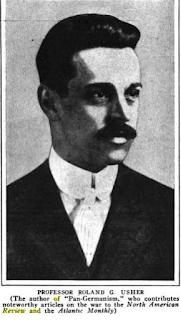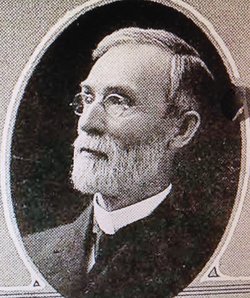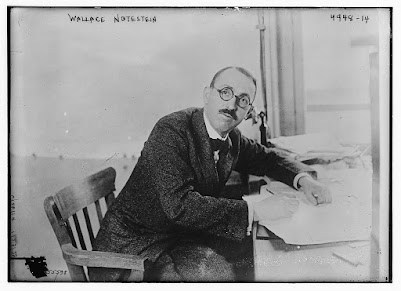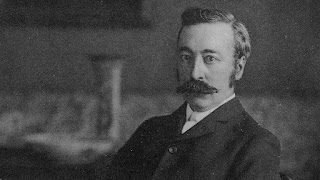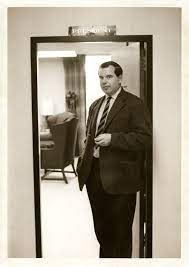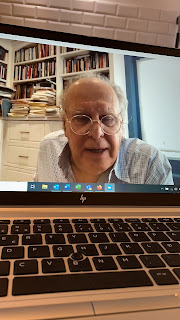News in Early Modern History
Ann Hughes, formerly of Keele University, is standing in the Labour Party's interest in the Lichfield City South County Council election on May 6th. I watched Eamon Darcy speak about the Irish Rebellion of 1641 to the Offaly Historical Society last night. This talk will probably appear on that society's Youtube channel at a later date. Tonight there will be a zoom conference on the History of Parliament's recently published volumes on the House of Lords 1624-1629.
